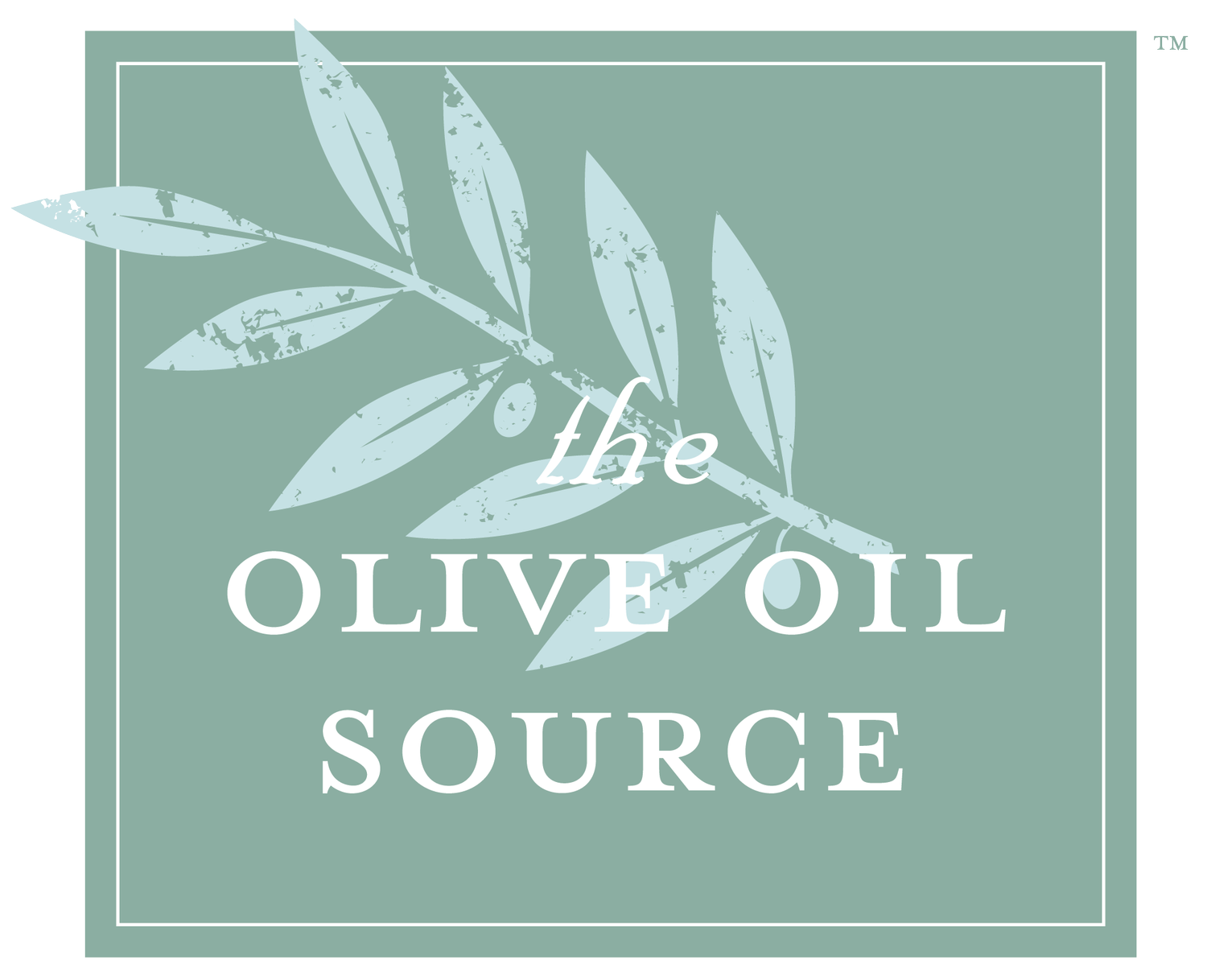
Soil Solarization:
Soil solarization is a non-pesticidal method of controlling soilborne pests by placing clear plastic sheets on moist soil during periods of high ambient temperature. The plastic sheets allow the sun's radiant energy to be trapped in the soil, heating the upper levels. Solarization during the hot summer months can increase soil temperature to levels that kill many disease-causing organisms (pathogens), nematodes, and weed seeds. It leaves no toxic residues and can be easily used on a small or large scale. Soil solarization also improves soil structure and increases the availability of nitrogen (N) and other essential plant nutrients.
For additional information see UC ANR Publication 21377, Soil Solarization: A Nonpesticidal Method for Controlling Diseases, Nematodes, and Weeds
